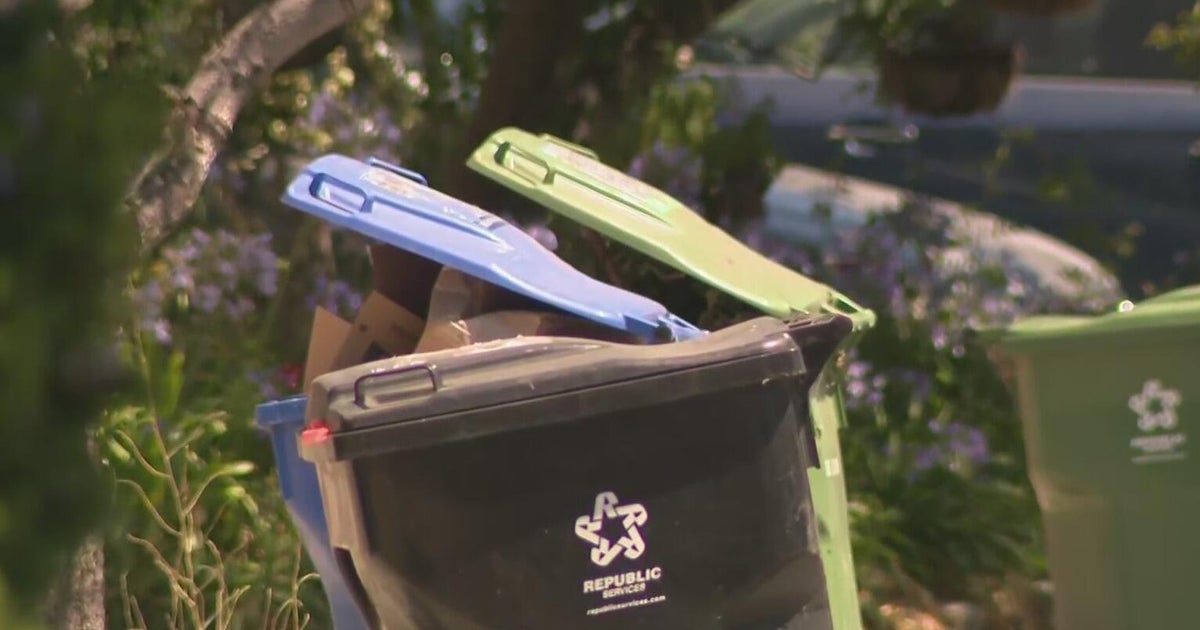Stanford Professor: Many Questions Remain After Gene-Editing Breakthrough
STANFORD (KCBS) – This week, scientists were able to successfully edit out disease-causing mutations in human embryos for the first time in the U.S. The achievement has many asking, "what now?"
For some, this breakthrough is morally abhorrent. For others, it's an incredibly exciting opportunity to stop inherited diseases.
But don't look for gene-editing of embryos for human pregnancy anytime soon.
"I think the overwhelming reason for that is questions of safety," said Hank Greely, professor of law and genetics with Stanford's Center for Biomedical Ethics.
Greely said we still don't know how safe it would be to make a baby this way.
"Personally I think it will be at least a decade before there's enough evidence, even if everything goes well, to try this in humans because pregnancy is complicated thing," Greely told KCBS. "And because an embryo grows well for three days, does not necessarily mean it will develop well for nine months."
The process is governed by the Food and Drug Administration. Oddly enough, the FDA views a gene-edited embryo as a drug or biological product.
They would have to give approval and Greely said they're nowhere close to that.



